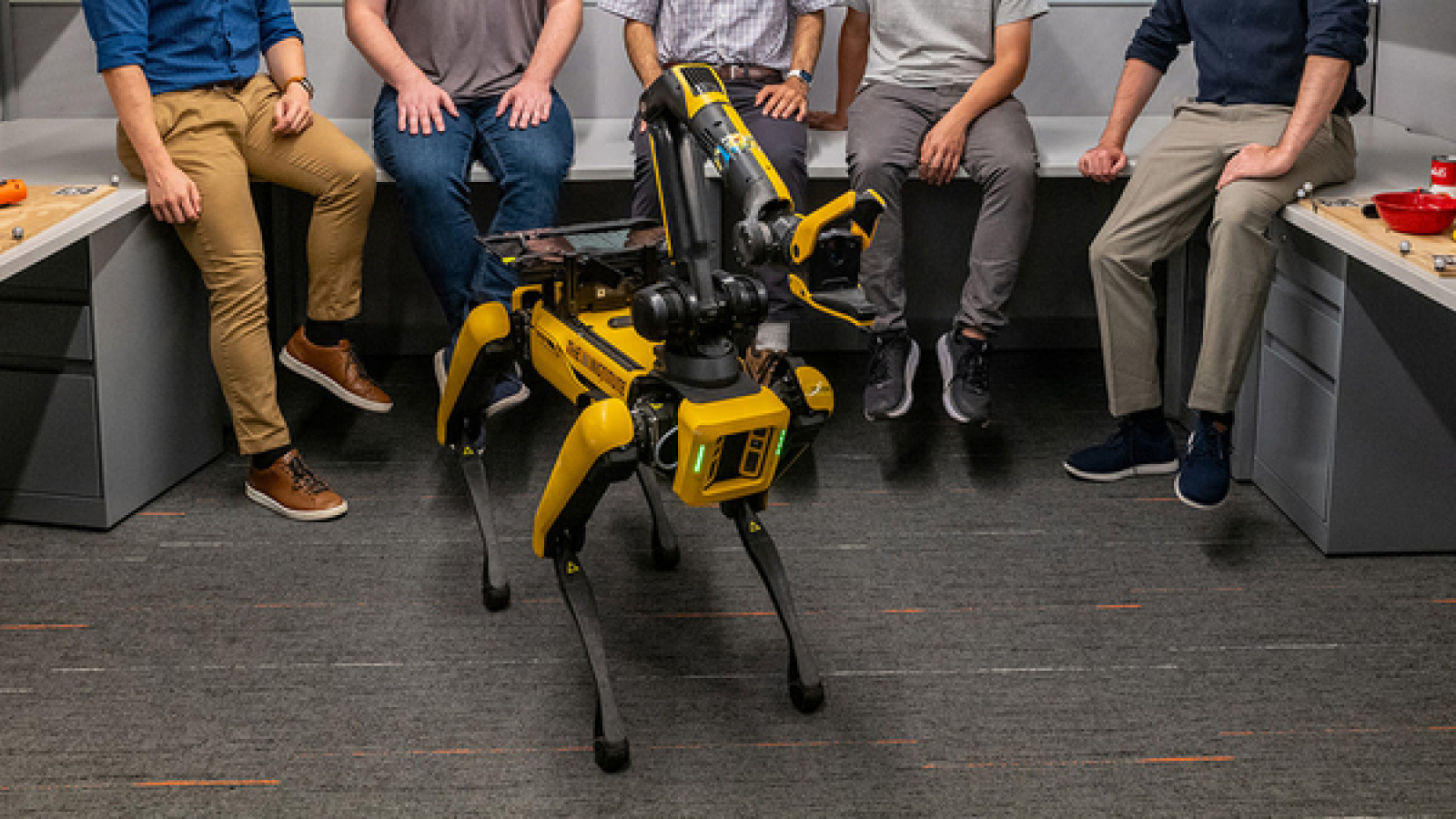Cancers, Vol. 15, Pages 2117: Pretreatment Plasma Circulating Tumor DNA RAS/BRAF Mutational Status in Refractory Metastatic Colorectal Cancer Patients Who Are Candidates for Anti-EGFR Rechallenge Therapy: A Pooled Analysis of the CAVE and VELO Clinical Trials
Cancers doi: 10.3390/cancers15072117
Authors: Ciardiello Napolitano Famiglietti Esposito De Falco Di Liello Avallone Maiello Pietrantonio Cremolini Zampino Fazio Troiani Martinelli Ciardiello Martini
Rechallenge with anti-EGFR drugs represents a promising strategy in refractory RAS/BRAF wild-type (WT) metastatic colorectal cancer (mCRC). We performed the pooled analysis of the CAVE and VELO studies to evaluate the percentage of patients with WT circulating tumor DNA (ctDNA) tumors and the association of mutational status with time from the last anti-EGFR drug administration. At baseline, 97/129 patients had RAS/BRAF WT plasma ctDNA, while 32/129 had RAS/BRAF mutated plasma ctDNA. Median anti-EGFR drug-free interval was 10.6 (CI 95%, 8.9–13.4) months in the plasma RAS/BRAF mutant group as compared to 13.0 (CI 95%, 11.1–16.6) months in RAS/BRAF WT group (p = 0.169). To investigate the time window of the RAS/BRAF mutant cancer cell clone disappearance, descriptive analysis using different time points was performed. No difference in the proportion of patients whose baseline plasma ctDNA was RAS/BRAF WT or mutated was found between 4 and 18 months since the last administration of anti-EGFR drugs. In contrast, 38/44 of patients with anti-EGFR drug-free interval of 18 months or more displayed a ctDNA RAS/BRAF WT status. Taken together, these results shows that the length of anti-EGFR free interval is not a sufficient criterion for patient selection, supporting the role of liquid biopsies for improving treatment efficacy.

 1 year ago
37
1 year ago
37

